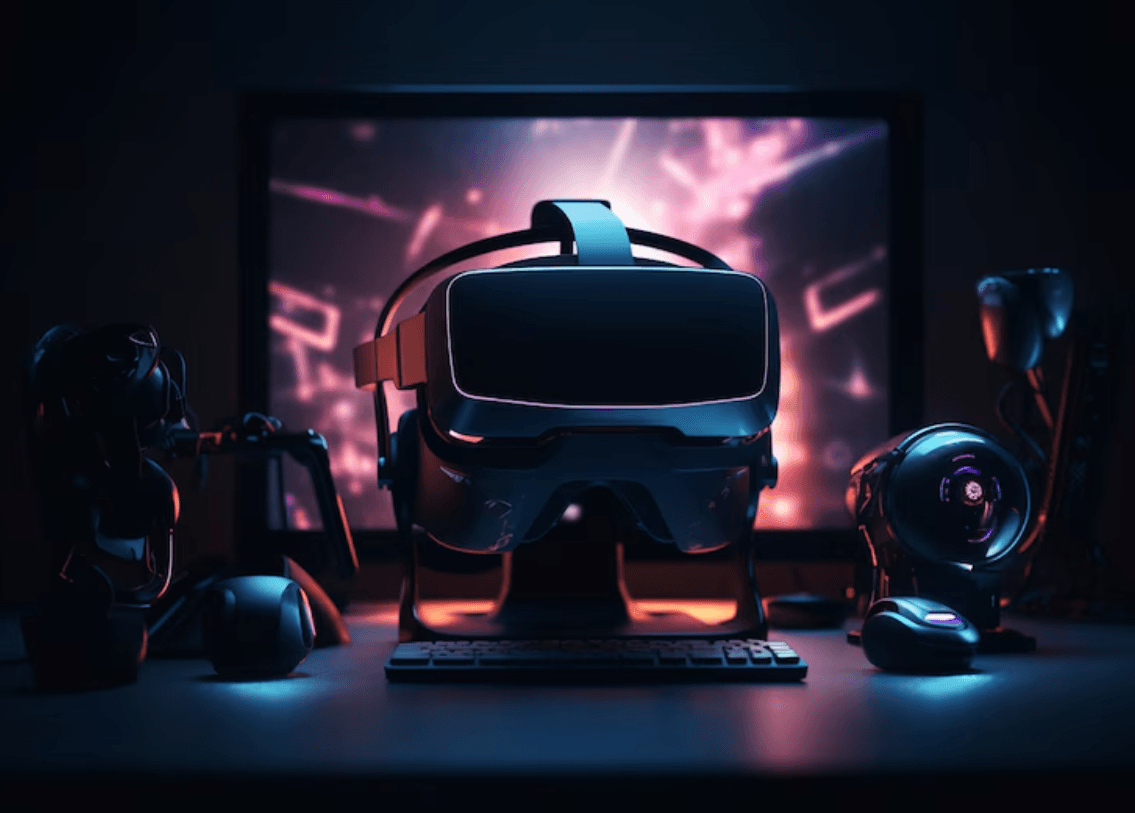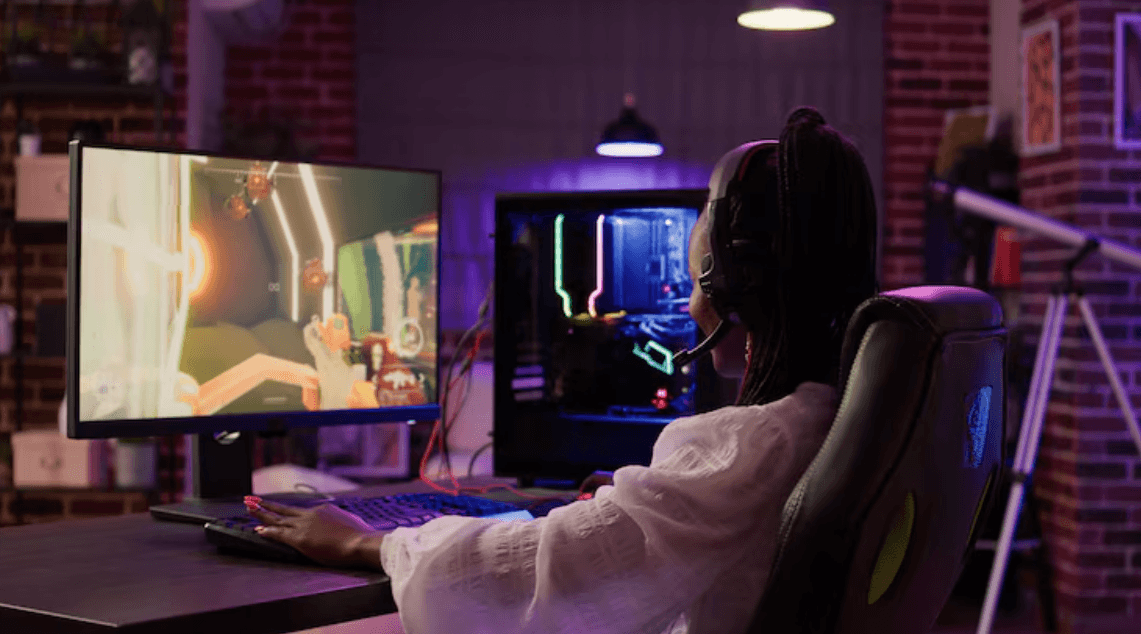
PC Gaming and the Cloud: Is Local Hardware Still King?
In 2025, cloud gaming on PC has matured significantly, allowing gamers to stream top-tier games to virtually any device. But with powerful gaming rigs more affordable than ever, the question remains: is the future of PC gaming truly in the cloud?
☁️ How Cloud Gaming Works Now
Unlike early experiments in the 2010s, cloud gaming in 2025 features:
5–10ms latency in most major cities
4K 120fps streaming on high-end plans

The Evolution of PC Gaming: From Floppy Disks to Cloud Gaming
Computer gaming has come a long way since the days of pixelated graphics and noisy modems. What began as a niche hobby for enthusiasts has transformed into a multi-billion-dollar industry that shapes culture, technology, and even social interaction. Let’s take a journey through time to explore how PC gaming has evolved over the decades—from the floppy disk era to today’s cutting-edge cloud gaming revolution.
The Early Days: 1980s–1990s
In the early ’80s, PC gaming was a humble pastime. Games were distributed on floppy disks—often one or two per title—and had to run on limited hardware. Popular systems included MS-DOS, the Commodore 64, and Amiga. Graphics were blocky, sound was simple, and gameplay relied heavily on imagination and storytelling.

The Rise of Indie PC Games: Creativity Without Borders
Over the past two decades, indie PC games have evolved from a niche curiosity into a cornerstone of the gaming industry. What began as passion projects coded by small teams or solo developers now frequently rivals—or even surpasses—AAA titles in innovation, storytelling, and emotional impact. This rise wasn’t accidental. It was powered by accessible tools, supportive communities, and an appetite among players for new, bold, and original experiences.
1. What is an Indie Game?
Indie (short for independent) games are created without the financial backing of major publishers. While this independence means smaller budgets and smaller teams, it also allows for creative freedom and experimental gameplay that would often be considered too risky for larger studios.